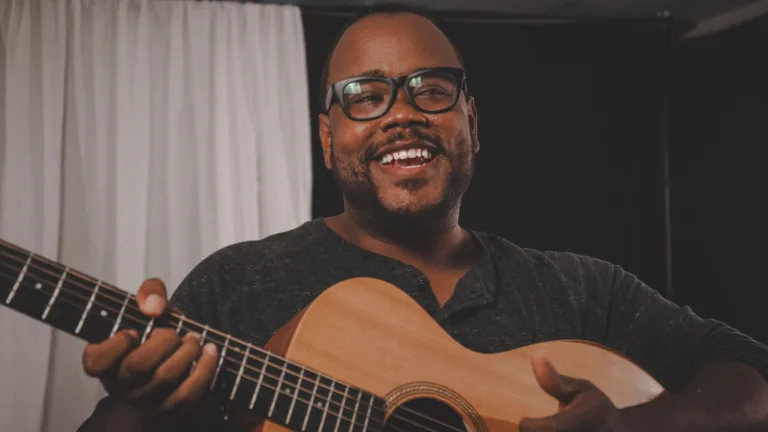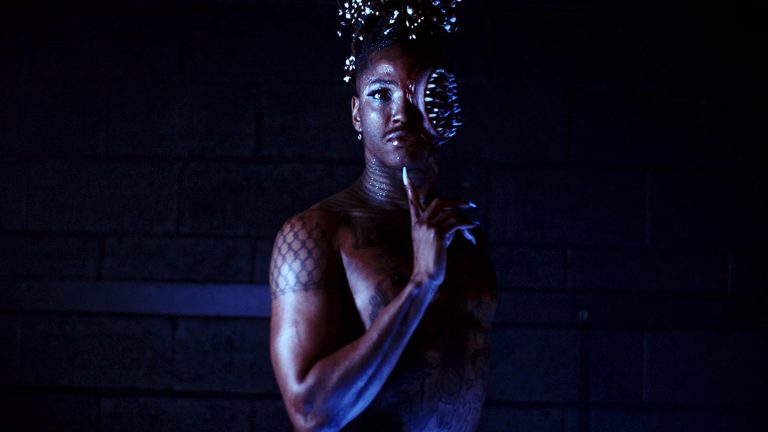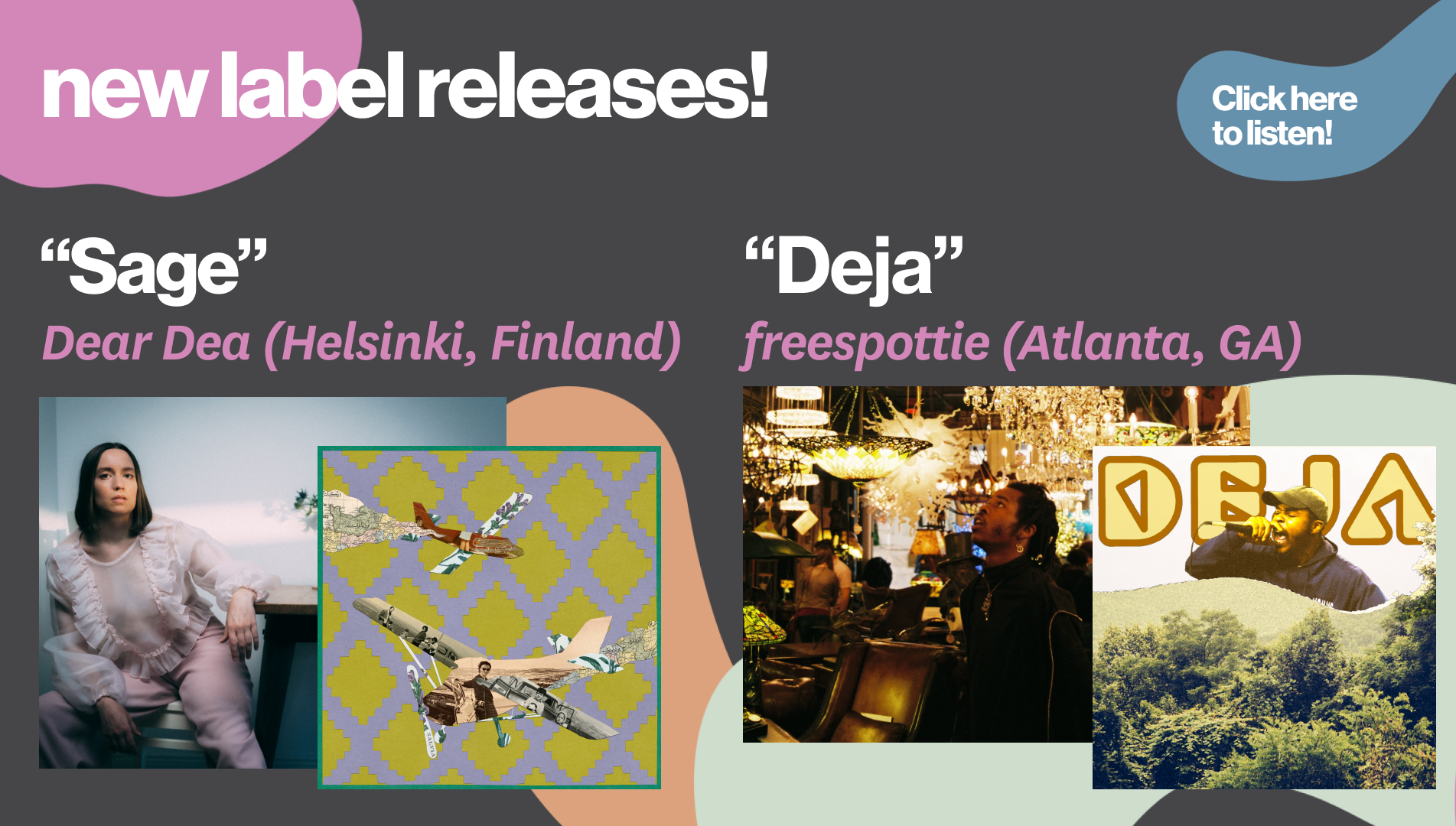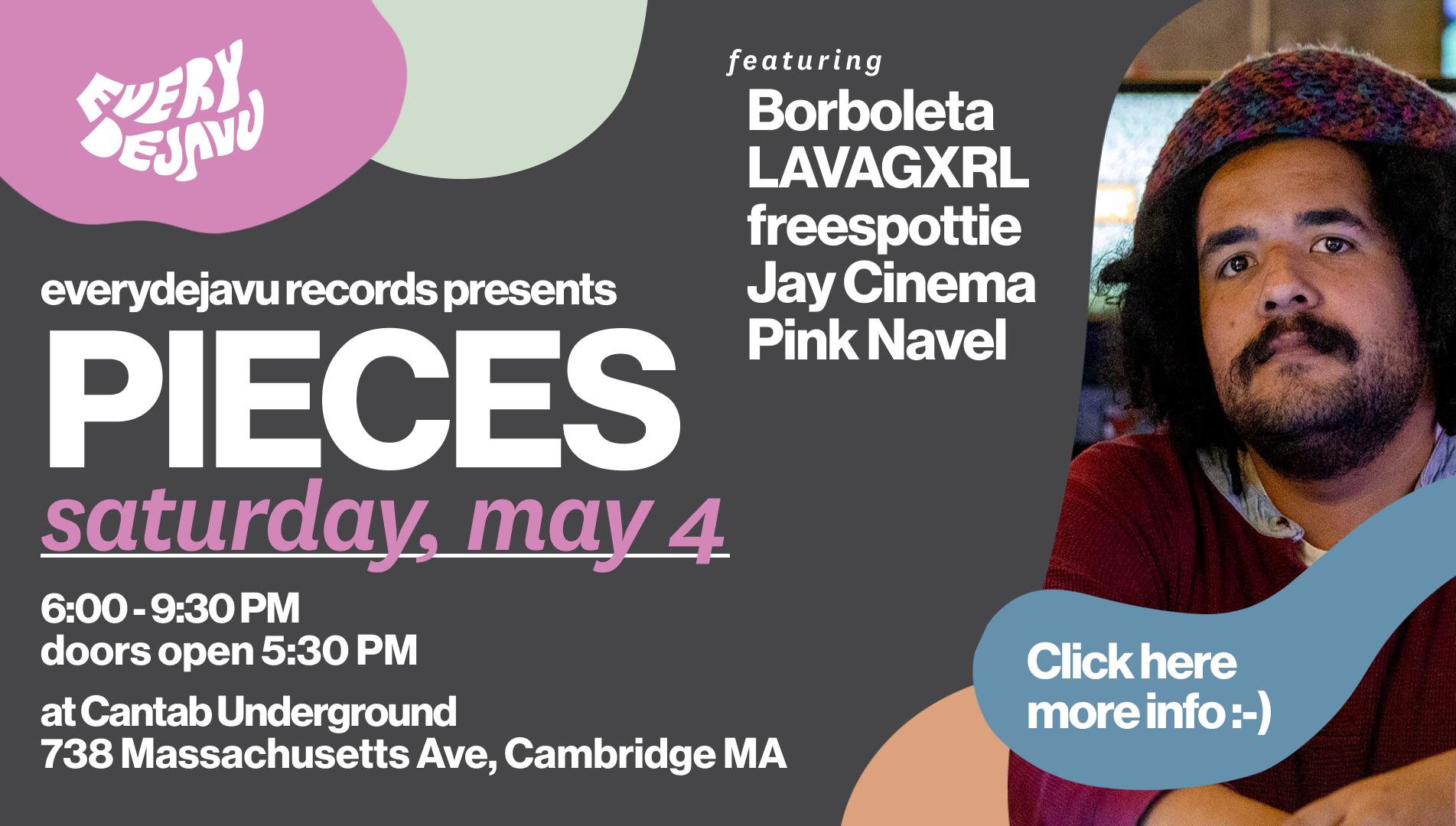Brian Walker, the chief singer-songwriter of A Day Without Love, may not be the first to write songs or even a whole album about life on the road, but compared to a history of songs about touring, you can say that he is the most optimistic about it. Songs from Bob Seger’s “Turn the Page” to The Ramones’ most iconic song, “I Wanna Be Sedated,” spell out that the nomadic task of being a touring artist can be hard on the body and the overall psyche. Whispering and jeering onlookers, constant shifting in timelines, not the healthiest foods, and much, much more. But whether it is a hard job or not, A Day Without Love makes it sound like a purposeful adventure. A Stranger That You Met Before is A Day Without Love’s dissertation on the other end of the touring spectrum: finding new friends and getting to share your story.
One of the first things Walker does on the album is split the difference between him and the people who complain about performing: “I sing in houses, and you sing for corporate.” On “DIY or Die,” he stresses the reason he is a touring musician is not to be a star but to use music to connect with the people around him. In fact, togetherness and the search for connection is a big reoccurring theme of this album—whose sound swings from bar band to anti-folk to straight indie rock with cohesion.
One way he attempts to connect is through interviewing people about topics, such as the choice to stay DIY and their preferred choice in road snacks. These become interludes to the album, showing Walker as a warm character who isn’t afraid to have a little goofiness to his personality once in a while.
Such attitude towards people, be it the ones who came to see him play or the people he performs with night after night, is also the likely reason as to why touring isn’t looked at as a bummer in Walker’s eyes. Walker’s songs aren’t above acknowledging that he is as much an audience member and a regular person as he is an artist and songwriter. “Good Friends are Hard to Find” is a self-explanatory friendship anthem that breaks out into a choir of fellow singers he is familiar with singing the chorus. If giddiness is not your type of hype, then I wouldn’t suggest this track to dive into.
Though he does romanticize singing in people’s houses and making friends—like in the opening song, “Houses,” and “Show Friends”—he isn’t above pointing out that touring can have its hardships. One he points out is the common anxiety that can come with trying to meet and perform for strangers who don’t know you at first on “Make it Count.” Another is “Caffeine,” a punk track about coffee dependency, but even those songs are not approached with cynicism. Far from it. When Walker sings, “You don’t know how hard it is to show yourself in front of everyone else,” he backs it up by making it clear that he “wants his story to count” so he can “scream and shout like everyone else.” Meanwhile, on “Caffeine,” Walker acknowledges the hardships of whatever grind you may have, whether working a 9 to 5 or going from state to state on stages. So, while the high-energy “Caffeine” might come off as a tune about the dependency on caffeine, it doubles as an ode to the very drink that has kept people going for years.
Walker knows, above all, that playing acoustic punk is no less work for him than anyone else. Still, A Stranger That You Met Before indicates that Walker wouldn’t have it any other way. You can quote him on “Never”: “I am lucky to be here to sing in front of strangers / I am happy to sing in front of friends / I don’t ever want this to end.”
Sorry, Seger. Walker is not an ally in the struggle, but if you need a friend, you know who you can call.






